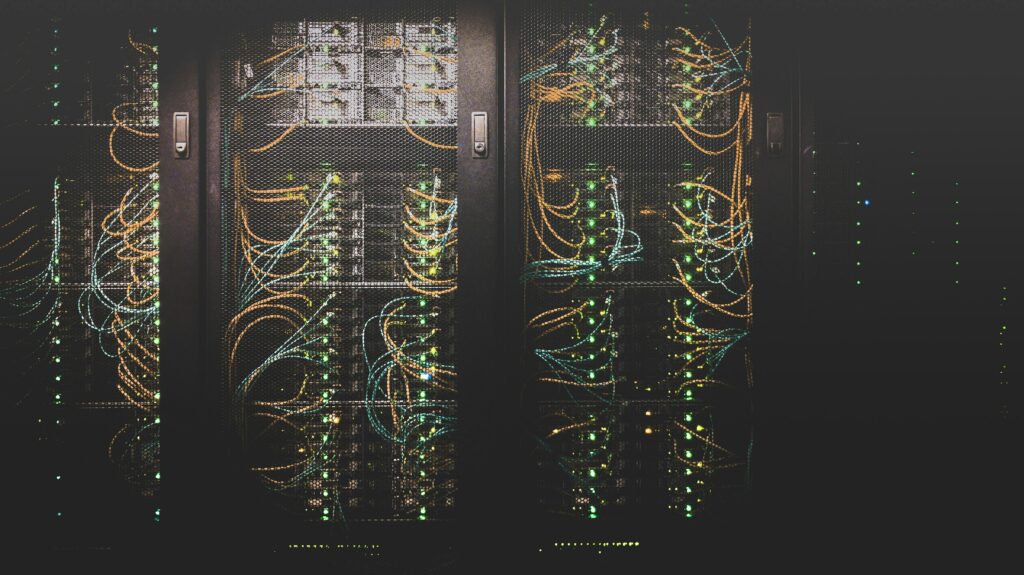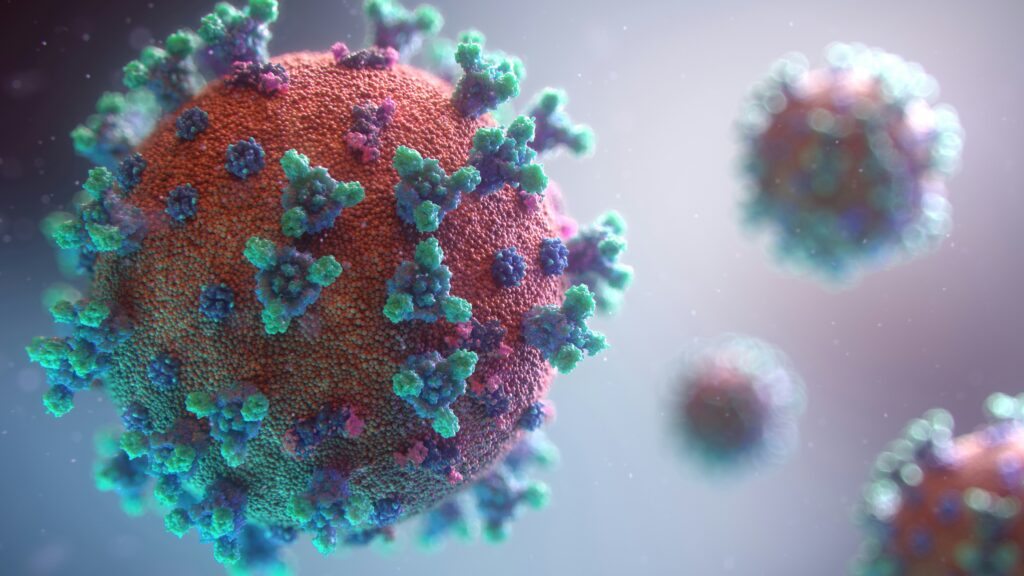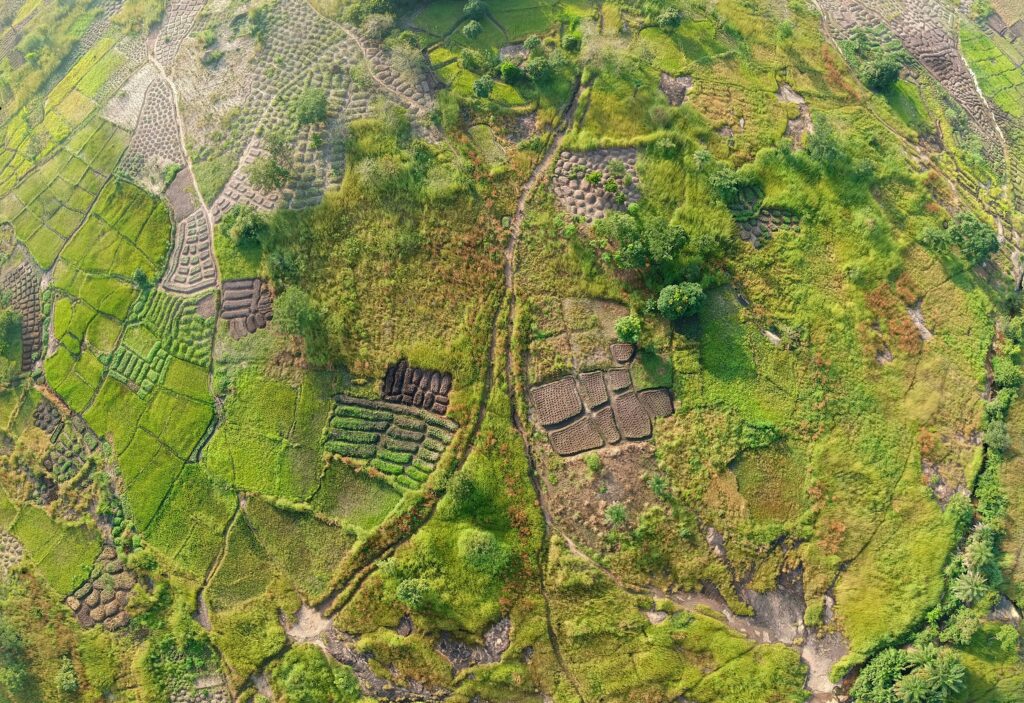Supporting Project: Computational resources

The overall goal of this project is to establish a federated HPC infrastructure to support large scale modelling, AI workloads, and other compute and storage intensive tasks. The initial view is rather than have one centralized HPC system, is to have at the very least, 3 HPC needs hosted at a Core AI partner institution in each of the regions.
Human-Centric AI

Reinforcement learning (RL) originated almost 40 years ago but has only had marginal impact on physical-world applications, despite showing considerable promise, such as mastering the game of Go (AlphaGo), moderating output from large language models (part of ChatGPT), and Waymo’s autonomous driving.
Development of the mathematics underlying AI

As AI moves ahead, there is a pressing need to gain a firmer understanding of the mathematical methods/tools used in the development of AI. These methods help in the evaluation of problems, application of correct and reliable tools of analysis, and correct interpretation of results.
Long term policy decisions: AI Policy for Africa

Artificial intelligence (AI) funding is critical for driving innovation and technological growth. Africa is making steps towards a faster uptake of AI, and the numerous AI-related investments and innovation are advancing across the continent.
Revolutionising African sport data with Tiny machine learning

TinyML is emerging as a rapidly growing field of machine learning, with the potential to bring about a new era of AI implementation by leveraging big data analytics. Applied on measurement devices placed in shoes, worn on the body or placed in sporting equipment such as balls, TinyML can be used to understand and predict the movements of athletes.
Developing a framework for data-driven disease mapping for Africa

This research program will introduce a comprehensive framework for disease mapping in Africa, utilizing Artificial Intelligence (AI) to enhance the understanding and management of diseases across three critical domains
Using AI in conservation, agriculture and monitoring land use

Exploring the application of artificial intelligence (AI) in conservation, sustainable agriculture, and monitoring land use. The first area of focus is conservation, where AI can be used to predict the movement of animals in parks.Utilising models of collective animal behaviour to help visitors have a greater chance of encountering these animals, while maximising the animals well-being.
Investigating Sustainable Development Goals using Big Data and Artificial Intelligence

Given the missing data problem for Sub-Saharan Africa to inform policy makers on sustainable development and climate change, we propose to develop an Africa-oriented data aggregation platform on Climate, Health, Agriculture, and Education.
Applications of computational approaches to drug discovery: DAtAcentricDrug

Africa comprises 17% of the global population, and the United Nations estimates that Africa’s population will exponentially expand to account for 40% of the world’s population by 2100. Importantly, considering that Africa currently accounts for 25% of the global disease burden, this predicted population growth will profoundly exacerbate the continent’s perennial problems.
